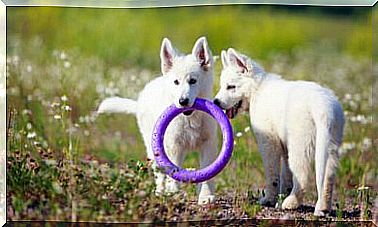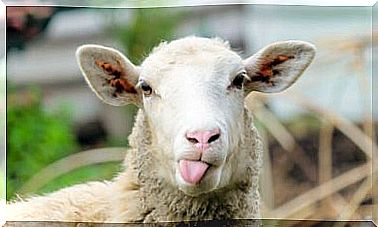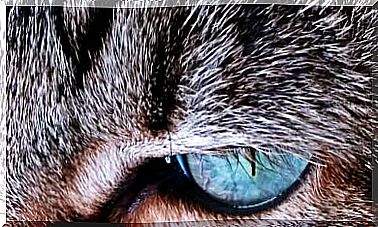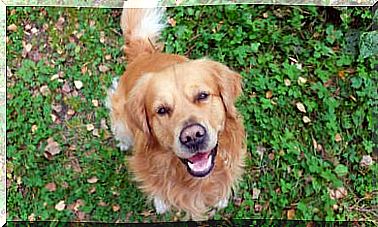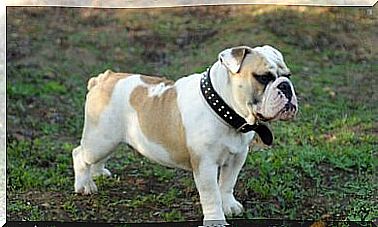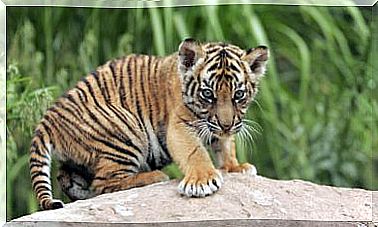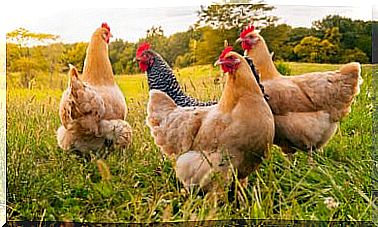Cats And Great Writers
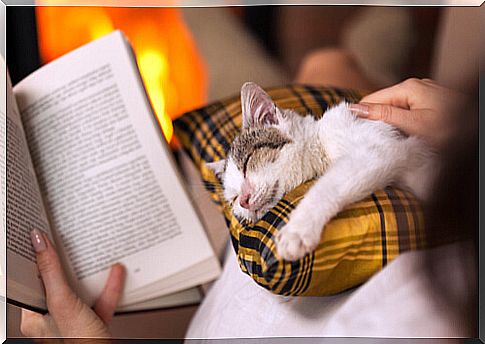
History has given rise to great writers such as Cortázar, Jorge Luis Borges or Ursula K. Le Guin, among others. Some of these authors had pets that helped them relax, participating in their creative outbursts.
Many of these pets have been part of stories or been the protagonists of books. Among the most famous cases of pets are Cortázar’s cat or Virginia Wolf’s dog. Some writers were a bit more eccentric when it came to pets. For example, the symbolist Gérard de Nerval walked the streets of Paris accompanied by his lobster.
If one thing is clear, it is that many writers loved having little animals to keep them company. Here are some cases of great authors and their cats.
Cats of great writers
The personality of cats is not easy to understand, since each feline is different. But there are certain aspects that they all share: they are independent, territorial, clean and quite peculiar.
Perhaps it is the last trait that enhances the explosive combination between cats and great writers. Here are some examples:
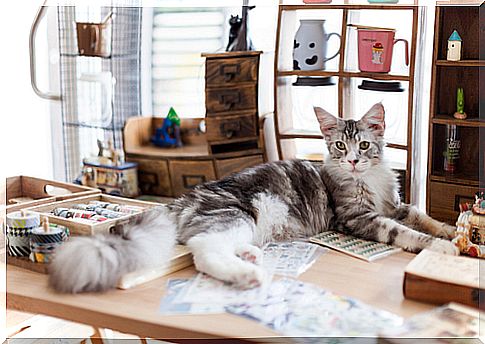
Cortázar
Cortázar had different cats that accompanied him throughout his life, such as Osiris, Teodoro or Flanelle. They were the last two with whom he established a deep relationship.
Teodoro Adorno was a stray feline who was going to visit him at his house in the south of Paris. On the other hand, Flanelle was the writer’s pet cat, with whom she appears in numerous photos, as they had a very special relationship.
It can be said that cats influenced the Argentine writer, since they became part of some novels. A clear example is Hopscotch, where he describes the cat as follows:
Ursula K. Le Guin
She is one of the most famous science fiction writers of the 20th century, who created fantastic worlds in which to live adventures. She was the first to speak about equality and to resolve conflicts using dialogue and sacrifice.
Among his many novels is the book series “Catwings,” which is about a litter of cats that were born with wings. Throughout the series he recounts the adventures of these winged felines.
Hemingway and Aldous Huxley
Both writers are from the same historical era. They not only share the first letter of their last name, but also their admiration for cats.
Huxley is best known for his dystopian novel Brave New World. He said that in order to write about human psychology it was convenient to live with a couple of cats.
On the other hand, it can be said that Ernest Hemingway’s admiration was excessive. It is estimated that he adopted more than thirty specimens, to which he gave names such as Ecstasy or House of Hair.
Aside from quirky names, it appears that some Hemingway cats had six toes. In his day they were rejected for this trait and he adopted them. For this reason, cats with polydactyly are also known as “Hemingway’s cats.”
José Luis Borges and Mark Twain
Borges had a cat that he called Beppo, and to whom he dedicated the poem “un gato”. In it, he describes the character of these felines and their relationship with humans.
He points out that cats are silent and lonely animals, but that they seek affection in humans. In the poem he indicates that the cat is “the owner of a closed environment like dreams”.
Another very famous writer, Mark Twain, noted that he was a bigger fan of cats than dogs. He had 19 of them, with very original names, such as Satan, Pestilence, Zoroaster or Bambino, having a great relationship with the latter.
Such was his confidence towards these animals that he said: “when a man loves cats, I am his friend and companion without the need for introductions”.
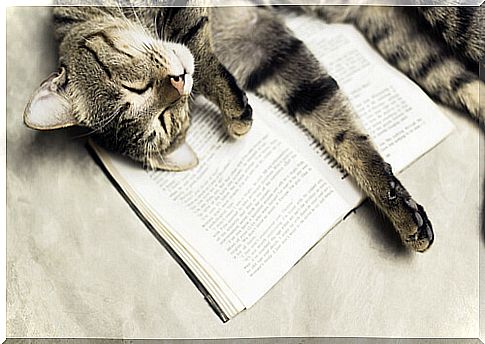
Writers and their relationship with cats
Cats have not only been the protagonists of books: they have also been brought to the theater with musicals like Cats, based on a poem by TS Eliot.
It can be concluded that cats are mysterious beings, difficult to read. Perhaps for this reason rivers of ink have flowed trying to discover a little more about them.
His intelligent look and his playful but solitary character have given great play to the great writers. The duality of their personality has allowed cats to be part of works that have passed down to posterity.

